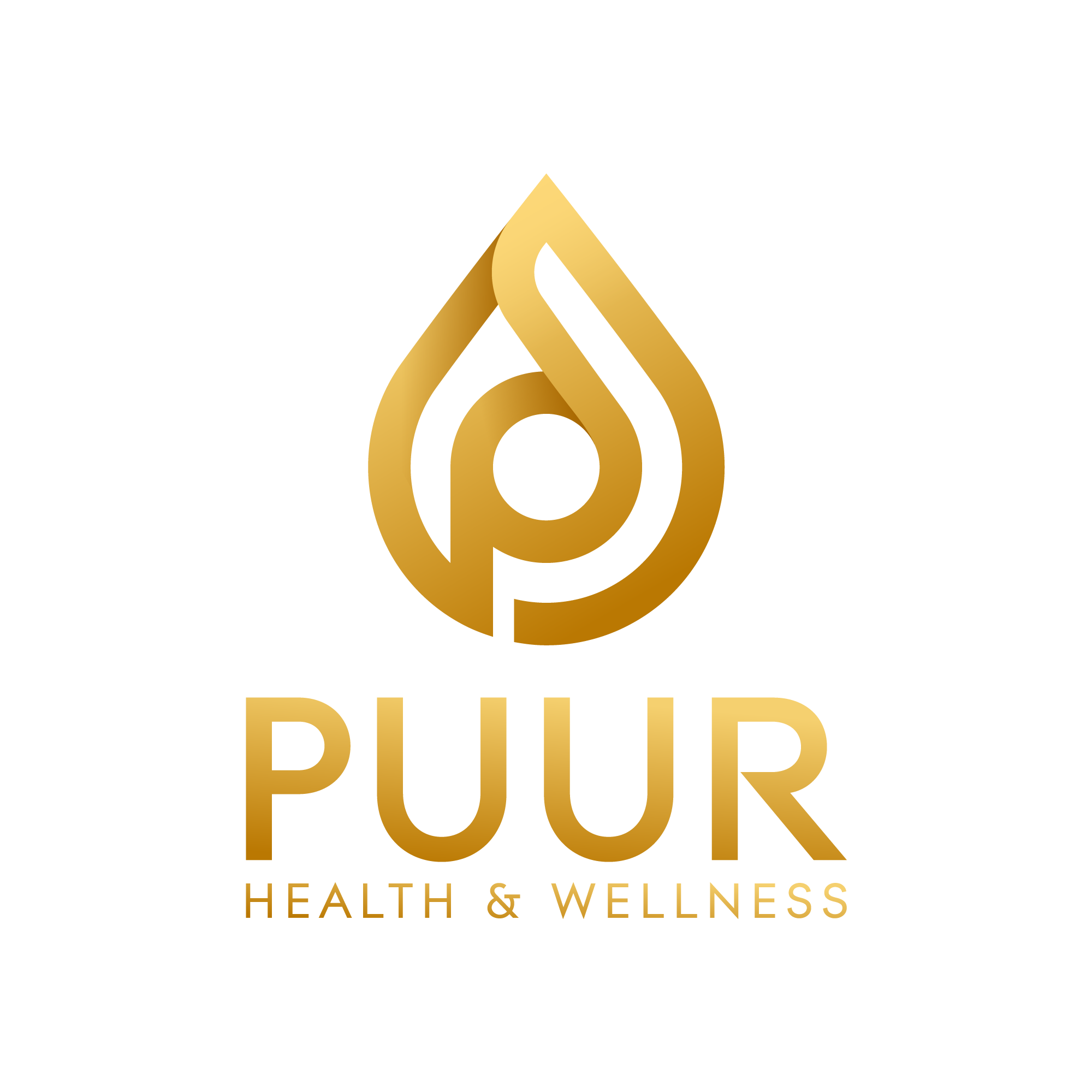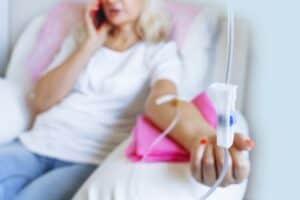Alright, guys, let’s talk about something that might be hitting you harder than a late-night takeaway – testosterone. It’s the stuff that keeps everything running smoothly, but what happens when those levels start to drop? That’s where testosterone therapy (TRT) comes in.
Now, figuring out the ‘best age to start’ can be tricky—there’s no one-size-fits-all answer. But don’t worry! We’re diving into everything you need to know about TRT, from spotting the signs of low testosterone to deciding when it might be the right move for you.
Feeling a Bit Off? Spotting the Signs of Low T
First things first, how do you know if your testosterone levels are taking a nosedive? Here’s the thing, the symptoms can be sneaky blighters, sometimes blending into the general stresses of life. But if a few of these ring a bell, it might be worth chatting to your doctor:
Low libido: Let’s face it, a healthy sex drive is a pretty important part of life. If you’re finding it difficult to get in the mood or maintain an erection, low testosterone could be a culprit.
Fatigue: Feeling like you could sleep for a week straight but still wake up exhausted? That persistent tiredness could be a sign your testosterone needs a boost.
Muscle loss and weight gain: Ever feel like you’re hitting the gym but not seeing the results you used to? Low testosterone can make it harder to build muscle and easier to pack on pounds, especially around the middle.
Mood swings: Feeling more irritable or even depressed than usual? Testosterone plays a role in mood regulation, so a dip in levels can affect your emotional state.
Brain fog: Can’t seem to focus or remember things like you used to? Low testosterone might be clouding your mental clarity.
Sleep problems: Struggling to drift off or stay asleep? Testosterone can influence sleep quality, so low levels might be disrupting your rest.
Loss of body hair: Notice your chest becoming a bit smoother or your beard looking a little patchy? This can be a sign of declining testosterone production.
Now, if you’re experiencing some of these symptoms, don’t panic! It doesn’t automatically mean your testosterone is on the floor. Stress, certain medications, and even lifestyle choices can all play a role.
Houston, We Have a Problem (or Maybe Not): Getting Diagnosed with Low T
Here’s where your trusty GP comes in. They can assess your symptoms, take a blood test to measure your testosterone levels, and discuss your medical history. There might be other reasons for your symptoms, so it’s important to get a proper diagnosis before diving into TRT.
The Big Question: Best Age to Start Testosterone Therapy?
Alright, back to the main event! There’s no one-size-fits-all answer to the “best age” question. It depends on a bunch of factors, including your individual health, the severity of your symptoms, and of course, your age.
Here’s the thing: testosterone levels naturally decline with age. It’s a gradual process, usually starting around 30 or 40. But that doesn’t mean every bloke over 40 needs TRT. It all boils down to whether your low testosterone levels are causing significant problems in your life.
Early Birds vs. Night Owls: When Might TRT Be Right?
While it’s uncommon, younger men (think late 20s or early 30s) can also experience low testosterone, often due to an underlying medical condition. If a young bloke is experiencing significant symptoms and a confirmed diagnosis of low testosterone, then TRT might be an option.
On the other end of the spectrum, some blokes well into their 60s or even 70s might not necessarily need TRT. Again, it depends on whether low testosterone is causing problems.
The Long Haul: Once You Start Testosterone Therapy, Can You Stop?
TRT is typically a long-term commitment. Why? Because once you start supplementing your testosterone, your body naturally stops producing as much of its own. So, stopping TRT abruptly can lead to a rebound effect, causing your testosterone levels to plummet even lower than they were before you started treatment.
This can make the symptoms you were experiencing even worse. That’s why it’s crucial to have a chat with your doctor about what to expect in the long run.
Weighing the Pros and Cons: The Lowdown on TRT
So, should you dive into the world of TRT? It’s a big decision, and there are pros and cons to consider:
The Pros:
Improved libido and sexual function: Testosterone is a key player in sex drive and erectile function. TRT can help reignite your spark.
Increased energy and vitality: Feeling sluggish? Testosterone can give you a boost, making you feel more energetic and alert.
Enhanced muscle mass and strength: Want to hit the gym harder and see better results? Testosterone can help you build muscle and strength.
Improved mood: Testosterone can help regulate mood, reducing symptoms of depression and anxiety.
Increased bone density: TRT can help strengthen bones and reduce the risk of osteoporosis.
The Cons:
Side Effects: Like any medication, TRT can come with side effects, including acne, oily skin, hair loss, and enlarged prostate.
Sleep Apnea: Testosterone can worsen sleep apnea, a condition where breathing repeatedly stops and starts during sleep.
Liver and Kidney Problems: In rare cases, TRT can cause liver and kidney problems.
Increased Risk of Prostate Cancer: Some studies suggest a potential link between TRT and prostate cancer, but more research is needed.
The Houston Hustle: Finding the Right TRT Partner
If you’re considering TRT and happen to be in Houston, there are plenty of qualified healthcare providers who can guide you through the process. Remember, finding the right doctor is crucial, as they can assess your individual needs and create a personalized treatment plan.
While PUUR Health and Wellness doesn’t offer specific TRT services, we understand the importance of overall health and well-being. Our team of experts can provide guidance on optimizing your health through intravenous hydration therapy and other wellness services.
Conclusion
So, what’s the best age to start testosterone therapy? The answer isn’t straightforward. It’s a decision that should be made in consultation with your doctor, considering your individual needs and health goals.
Remember, TRT is just one tool in the toolbox. A healthy lifestyle, including a balanced diet, regular exercise, and stress management, is essential for overall health and well-being.
By working closely with your doctor and making informed decisions, you can navigate the complexities of testosterone therapy and reclaim your vitality.
Learn More About PUUR Health and Wellness Here
Resources:


